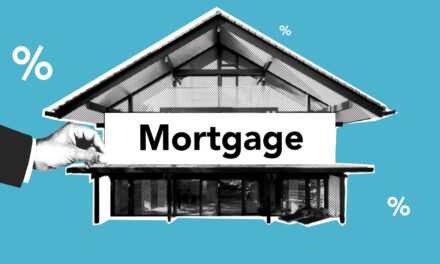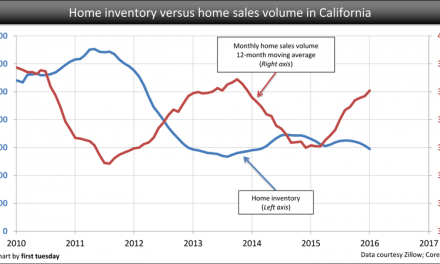The financial crisis of 2008 taught the youngest generation a hard-earned lesson on financial responsibility.
Members of Generation Y (Gen Y) are saving more and taking more aggressive steps to increase their financial literacy than previous generations, according to a Fidelity Investments report.
64% of Gen Y is saving more since the financial crisis compared to 54% of older generations. 71% have started an emergency fund, despite 26% seeing their personal debt increase.
Also telling, 39% of Gen Y said they prefer a buy-and-hold style of investing, whereas 31% of older generations said the same.
The report argues the change in financial behavior is likely Gen Y’s response to seeing the Great Recession’s crippling effect on their parents while still in their formative years. Thus, Gen Y is more averse to exotic loans and risky investments, and more prone to stable, reliable financing.
first tuesday insight
Many in the housing industry worry Gen Y will not step up to the plate of homeownership like past generations have.
What this report shows is that Gen Y is interested in traditional methods of financing, but they are much more cautious. It will take longer for Gen Y to move into homeownership for the simple reason that Gen Y will take the time to save up a sufficient down payment for their property, and not be lured by zero- or low-down gimmicks.
Related article
This increased savings rate indicates that Gen Y is a budding culture of savers. Their saving for a down payment has already begun, or at the very least, this life-skill of saving is taking root. Further, that habit will ripple into the behavior of their peers, starting a positive feedback loop.
Having lived through the housing crash, Gen Y is not taking any risks – unlike their parents who treated the family home like a well-worn ATM.
Further, when Gen Y does enter into homeownership, they will likely maintain a more sustainable grasp on ownership. Holding property free and clear will likely become a financial objective and mortgage burning parties will return as a social event.
Related article
Is this good news for the market? Yes, but we’ll have to be patient.
Gen Y simply does not have the purchasing power of previous generations. The lingering burn of the Great Recession has made it difficult for Millennials to find work. When they do, it doesn’t pay as well as the jobs their parents’ generation held. On top of that, Gen Y is heavily burdened with student debt – more so than any previous generation.
The triple threat of excess debt, low wages and high unemployment has put Gen Y in a bad position to gain homeownership anytime soon. However, this arrested development won’t last forever. Over 70% of Gen Y still plan on homeownership by the age of 30, a 2010 Urban Land Institute (ULI) survey found.
Related article
Agent advice
When Generation Y does move towards homeownership, agents need to be ready.
Gen Y are active seekers of information and their tech savvy gives them infinite access to what was once insider information. Don’t share the same fate of the now obsolete travel agent. With sites like Zillow and Redfin, agents risk being bypassed and becoming redundant. The transparency sought by enlightened buyers is killing organized real estate. Big brokerage operations are being challenged.
Further, Gen Y has more specific tastes than their predecessors:
- 60% prefer a smaller home with a shorter commute; and
- 50% prefer access to public transportation, according to a separate survey from ULI.
The American Dream means something quite different to Gen Y – compact, urban properties close to jobs and areas of cultural significance. Not McMansions in faraway places.
Thus, the budding generation of homeowners-in-waiting prefers an urban culture where their main facets of life – work, food, shopping, transportation – are all found in one location. Mixed use and higher density zoning will accommodate this evolution in housing preference.
Related article
Agents who grasp these differences in Gen Y have the opportunity to help a financially stable and responsible group of people into homeownership.
Re: ’08 Crisis scared Gen Y into saving more from Market Watch














